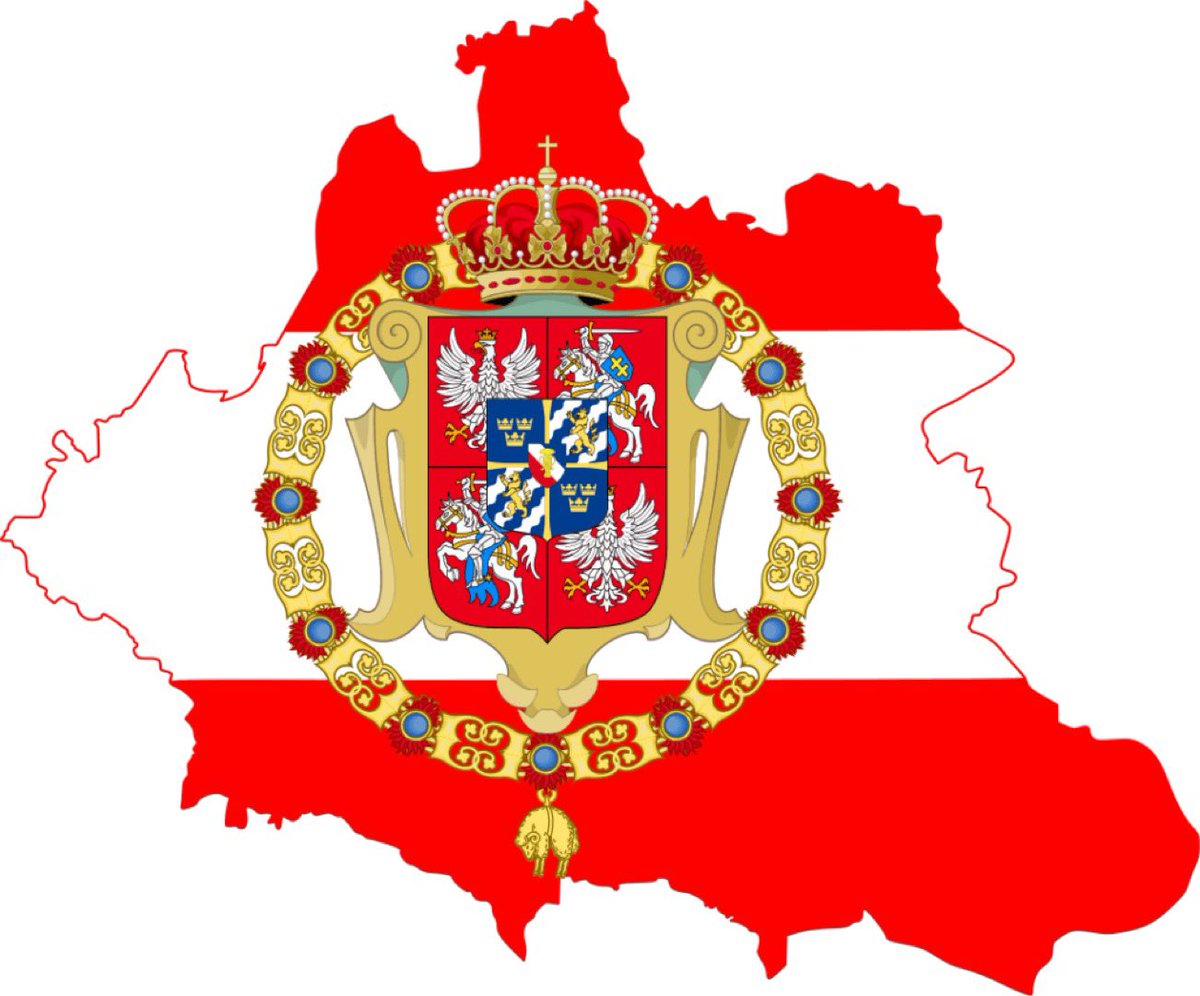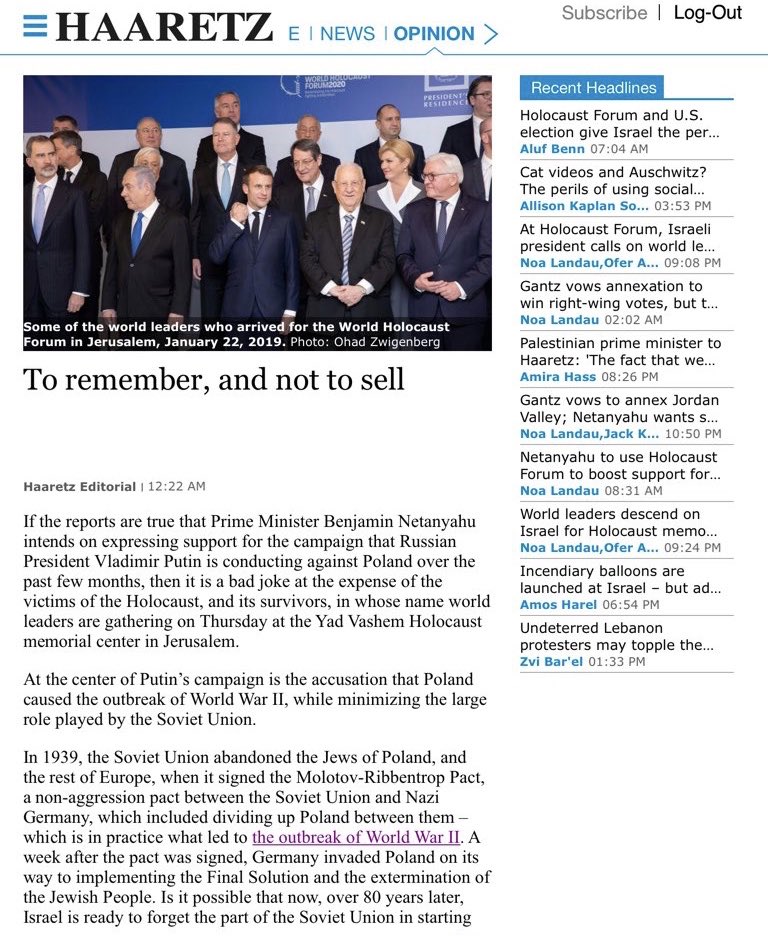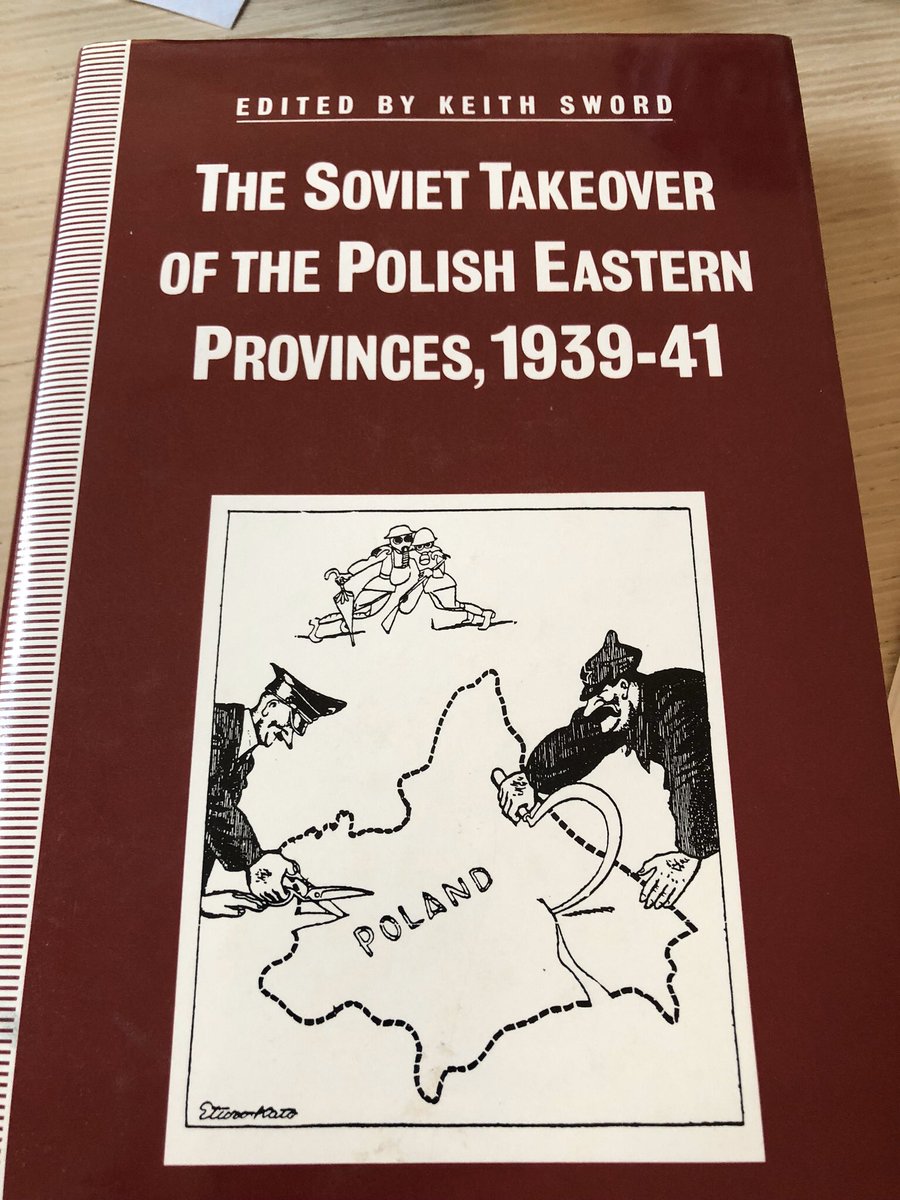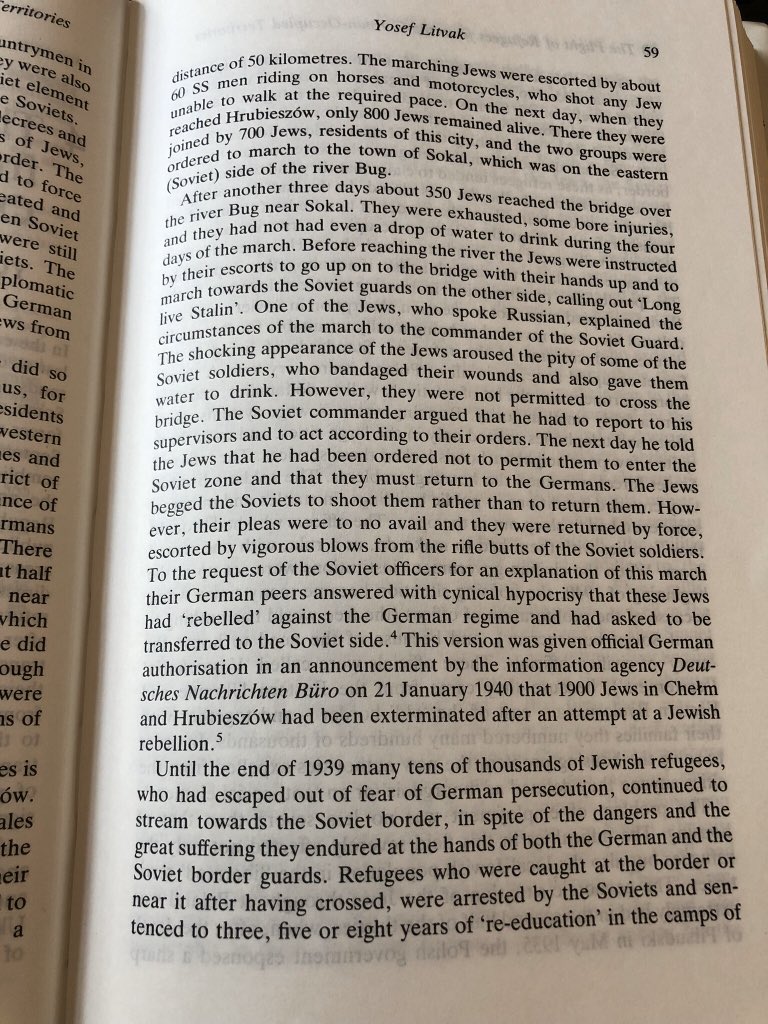
Sergey @DrRadchenko raises an important question related to recent 🇱🇹🇵🇱🇺🇦 #ViliniusDeclaration on Joint European Heritage and Common Values
(Text here: poland.mfa.gov.ua/pl/news/declar…)
What about Russia?
So here is my thread/response to this very important issue - #Thread 1/12👇
(Text here: poland.mfa.gov.ua/pl/news/declar…)
What about Russia?
So here is my thread/response to this very important issue - #Thread 1/12👇
https://twitter.com/DrRadchenko/status/1415227907673399298
2) In fact Polish political thought provided an answer long ago. Since Poles and other Russia's neighbours demand their right to independence, respect to sovereignty and territorial integrity, they have no right to refuse these same rights to Russians.
novayapolsha.pl/article/pokhva…
novayapolsha.pl/article/pokhva…
3) The fact of the matter is however that for the nations living between imperial Russia & Germany, the very term „independence” always meant „independence from Russia & Germany” and their autocratic, imperial domination....
en.wikipedia.org/wiki/Russifica…
en.wikipedia.org/wiki/Russifica…
4) often linked with brutal repression, against national culture/language/religion.
en.wikipedia.org/wiki/German_Ea…
commons.wikimedia.org/wiki/File:St_J…
en.wikipedia.org/wiki/German_Ea…
commons.wikimedia.org/wiki/File:St_J…
5) But the struggle with Russian imperialism usually led to alliance between Central Europe freedom fighters with Russian democrats – as their common enemy was Russian authoritarianism and despotism of tsars.
commons.wikimedia.org/wiki/File:%D0%…
commons.wikimedia.org/wiki/File:%D0%…
6) Therefore Poles striving to regain their independence entered into alliances with Russian revolutionaries striving to liberalize the Russian political system – Decemberists, Narodnaya Volya members, Cadets, etc.
commons.wikimedia.org/wiki/File:Kolm…
commons.wikimedia.org/wiki/File:Kolm…
7) In Poland this tradition is still alive, hence Poles natural sympathy to Russians and Russian oppositionists seeking do democratize Russia.

https://twitter.com/RauZbigniew/status/1350893111938056192?s=20
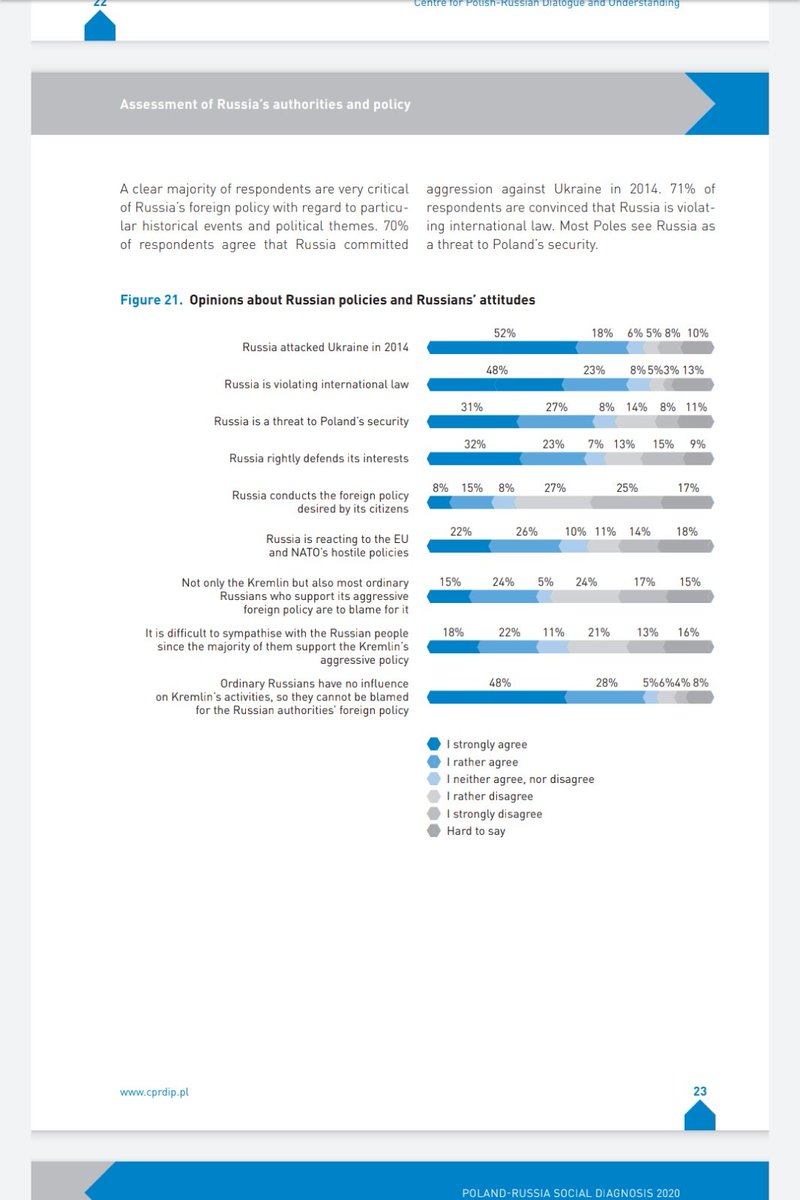
8) A democratic Russia means accepting its neighbours (who once lived within the borders of Russian Empire) rights to freedom, sovereignty & territorial integrity. Without respecting the independence and democratic will of its neighbours, Russia will never be a democratic state. 

9) For this reason, the Russian road to returning to the democratic community of Europe leads through Kyiv & Tbilisi. Its Ukrainians & Georgians, victims of Russia’s aggressions, who will grade and judge Russia’s democratic maturity.
10) But what in return for the Russians?
Without a doubt a future and permanent democratic Russia, which abandons imperial politics and thought, should have the right to participate in the European integration process.
images.app.goo.gl/JUPLjYGMTa6d7L…
Without a doubt a future and permanent democratic Russia, which abandons imperial politics and thought, should have the right to participate in the European integration process.
images.app.goo.gl/JUPLjYGMTa6d7L…
11) Such a Russia cannot be cordoned off politically or mentally.
In the interest of Central East European states lies friendly neighbourly relations, their approval to initiate a process of Russian-European rapprochement is necessary.
images.app.goo.gl/TUW3vksJgSj5da…
In the interest of Central East European states lies friendly neighbourly relations, their approval to initiate a process of Russian-European rapprochement is necessary.
images.app.goo.gl/TUW3vksJgSj5da…
12) For this reason the importance of a dialogue and reconciliation process between Russia and its western neighbours is of tantamount importance. And the issue of Crimea have to be solved first.
In 2015, I wrote a piece how to do it 👉
vedomosti.ru/newspaper/arti…
In 2015, I wrote a piece how to do it 👉
vedomosti.ru/newspaper/arti…
13) As long as Russia refuses to recognize its neighbours’ rights to freedom by reverting to forceful annexation aimed at imposing its vision on the world, thereby creating a threat to European peace, her neighbours will continue be reluctant to EU closer relations with her. #END
• • •
Missing some Tweet in this thread? You can try to
force a refresh


